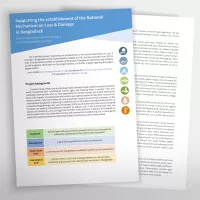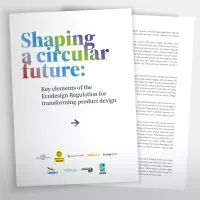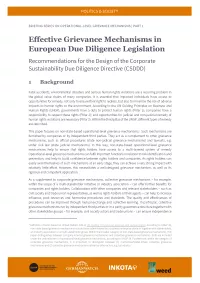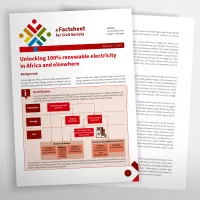Renewable Hydrogen in Germany, Poland, and Portugal
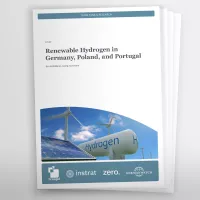
Hydrogen has caught significant attention from a wide range of stakeholders in EU Member States. Its potential remains largely untapped as, to date, European national hydrogen strategies typically do not feature sound sectoral targets for the use of hydrogen. The EUKI project 'Greening H2' commissioned a study from Bruegel, a Brussels-based think tank, which investigates the potential for and implications of renewable hydrogen deployment in Germany, Portugal, and Poland. It explores their respective national strategies, summarises core elements, and critically evaluates and places them in the broader EU hydrogen plans.

